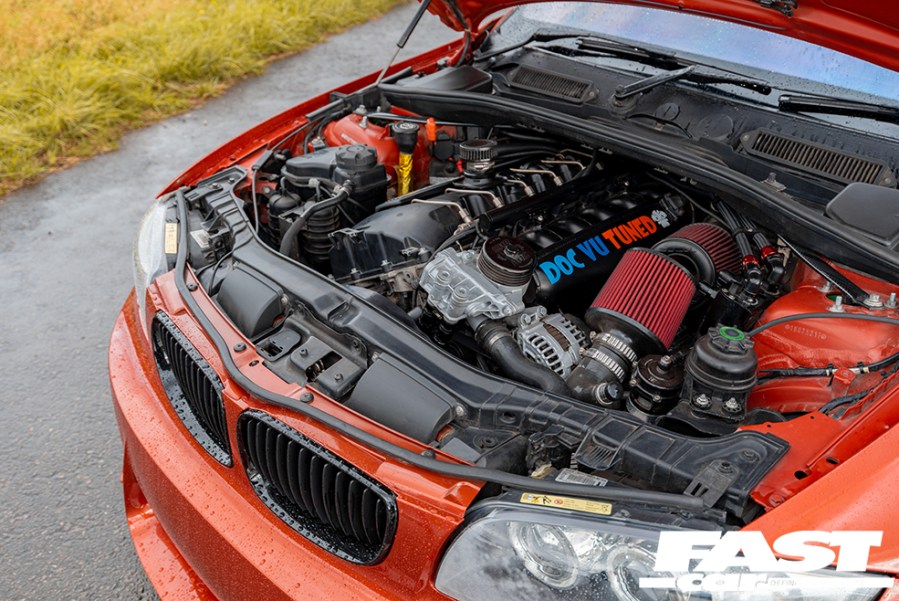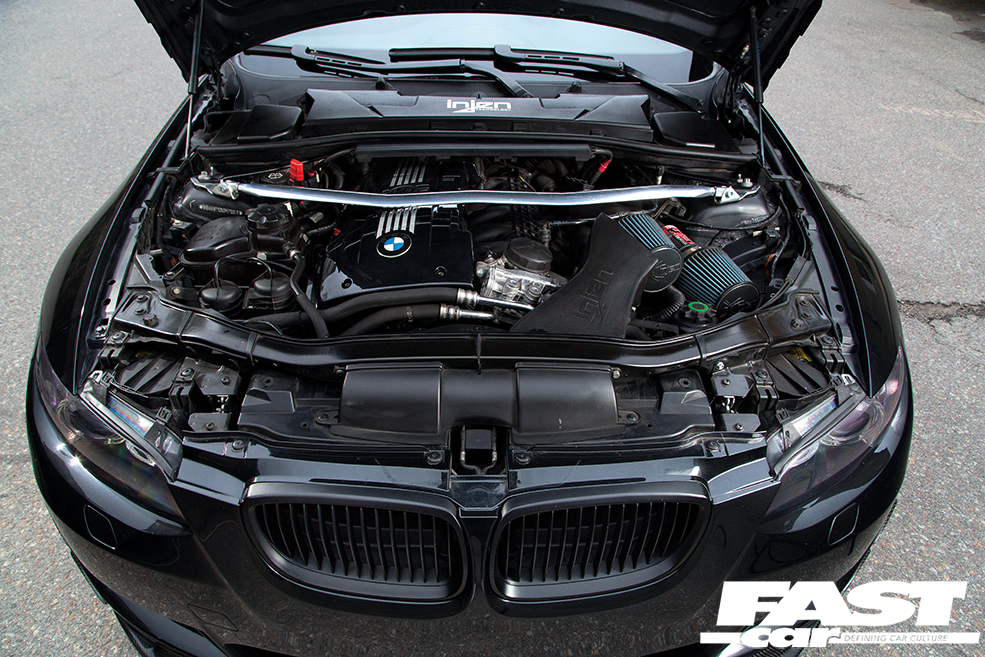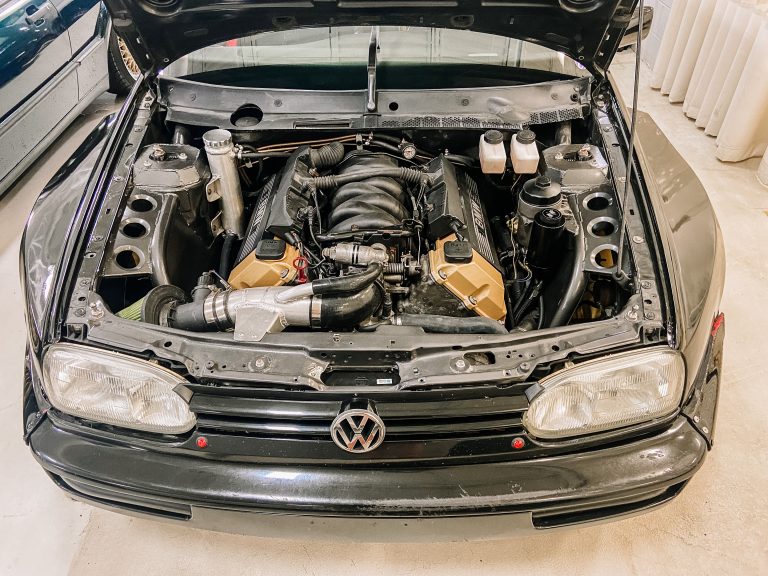BMW is known for producing high-performance vehicles that offer both luxury and power. One of their notable engines is the BMW N55 engine, which has gained popularity among car enthusiasts. In this guide, we will take a closer look at the engine compartment of the BMW N55, exploring its key components and highlighting some important maintenance tips.
Overview of the BMW N55 Engine
The BMW N55 engine is a 3.0-liter six-cylinder turbocharged engine that first debuted in the 2009 BMW 535i. It is part of BMW’s N series of engines, known for their smooth power delivery and impressive performance. The N55 engine replaced the N54 engine and features a single twin-scroll turbocharger, direct fuel injection, and Valvetronic variable valve timing technology.
This engine is widely used in various BMW models, including the 1 Series, 2 Series, 3 Series, 4 Series, 5 Series, X3, X4, X5, and X6. Its power output ranges from around 300 to 400 horsepower, depending on the specific model and performance tuning.

Credit: www.fastcar.co.uk
Components of the BMW N55 Engine Compartment
The engine compartment of the BMW N55 is well-designed and organized, allowing for easy access to most of the key components. Here are some essential components you’ll find in the engine compartment:
| Component | Description |
|---|---|
| Engine Cover | The engine cover sits on top of the engine and helps to protect it from dust and debris. It also adds a clean and sleek look to the engine compartment. |
| Air Intake System | The air intake system includes the air filter, mass airflow sensor, and intake manifold. It is responsible for delivering clean and filtered air to the engine for combustion. |
| Turbocharger | The N55 engine features a single twin-scroll turbocharger, which increases the engine’s power output by forcing more air into the combustion chamber. |
| Fuel Injection System | The fuel injection system delivers fuel to the engine cylinders in a precise and controlled manner. The N55 engine uses direct fuel injection for improved efficiency and performance. |
| Engine Control Unit (ECU) | The ECU is the brain of the engine, managing various functions such as fuel delivery, ignition timing, and turbocharger control. It continuously monitors the engine’s performance and makes adjustments to optimize efficiency and power. |

Credit: www.fastcar.co.uk
Maintenance Tips for the BMW N55 Engine Compartment
Proper maintenance is crucial to ensure the longevity and performance of the BMW N55 engine. Here are some maintenance tips to keep your engine compartment in top shape:
- Regularly check the engine oil level and change it according to the manufacturer’s recommendations. Clean engine oil is vital for optimal lubrication and cooling of the engine components.
- Inspect the air filter regularly and replace it if necessary. A dirty or clogged air filter can restrict airflow to the engine, reducing performance and fuel efficiency.
- Monitor the coolant level and ensure it is within the recommended range. The cooling system is essential for preventing the engine from overheating.
- Check for any oil or coolant leaks in the engine compartment. Addressing leaks promptly can prevent damage to the engine and other components.
- Keep the engine compartment clean by removing debris and dust regularly. This will help prevent any obstructions or damage to the engine components.
- Stay up-to-date with regular servicing and maintenance intervals. Following the manufacturer’s recommended schedule for oil changes, filter replacements, and other maintenance tasks is essential for optimal engine performance.
By following these maintenance tips, you can ensure that your BMW N55 engine continues to deliver the power, efficiency, and reliability that it is known for.
Frequently Asked Questions Of Bmw N55 Engine Compartment Guide: Ultimate Tips For Optimal Performance
What Are Common Issues With The Bmw N55 Engine?
Common issues with the BMW N55 engine include oil leaks, fuel injector failures, and faulty ignition coils.
How Often Should I Change The Bmw N55 Engine Oil?
It is recommended to change the engine oil in the BMW N55 every 7,500 miles or once a year, whichever comes first.
What Is The Horsepower Rating Of The Bmw N55 Engine?
The BMW N55 engine is capable of producing up to 320 horsepower, providing impressive performance for a variety of driving situations.
Can I Upgrade The Turbocharger In My Bmw N55 Engine?
Yes, it is possible to upgrade the turbocharger in the BMW N55 engine to increase performance and power output.
Conclusion
The BMW N55 engine is a remarkable powerplant that combines performance and luxury. Its well-designed engine compartment houses crucial components that contribute to its outstanding performance. Regular maintenance and care will help you keep your BMW N55 engine running smoothly and efficiently for years to come.






